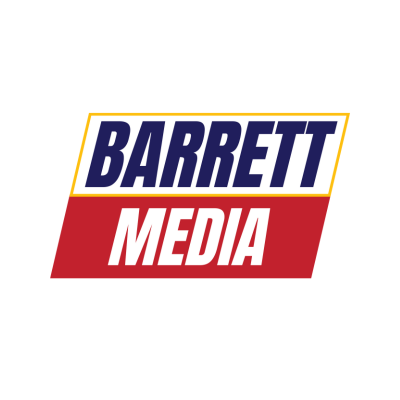Syndicated radio host Joe Pags believes there’s a fine line in Section 230 of the Communications Decency Act where the U.S. Government operates together with social media sites.
Pags discussed the legislation and its potential impacts Monday with Brendan Carr, Commissioner, Federal Communications Commission.
“Section 230 basically says if you’re going to be a platform that is unbiased, doesn’t lean one way or another, you’ll have immunity from liability if somebody posts something on your platform that is dangerous, threatening, libelous or slanderous,” said Pags.
The Communications Decency Act was passed in 1996 and has become increasingly more controversial, given the prevalence of social media sites and Big Tech’s tendency towards censorship.
“Section 230 is very much in the news,” Carr stated. “There’s a portion of Section 230 that says if somebody puts speech up on your website and it happens to be libelous, then it’s the person that said it that’s liable, not the person who hosted it.”
Carr added that that portion of Section 230 is a good thing because it encourages people to post content and not to censor. However, he said another portion of the law states that if you decide to take speech down, you can do so within the confines of the First Amendment.
Pags stated that he believes the two parts of Section 230 are at odds.
“If I can’t hold Twitter or Facebook liable for something horrible, I can go after the person that wrote it, but I can’t go after the platform that allowed it,” Pags said. “One part of Section 230 gives them immunity, but the second part of Section 230 allows them to censor as they see fit.”
“People think that social media is just there, but you and I know that social media sets the 24-hour news cycle,” added Pags.




